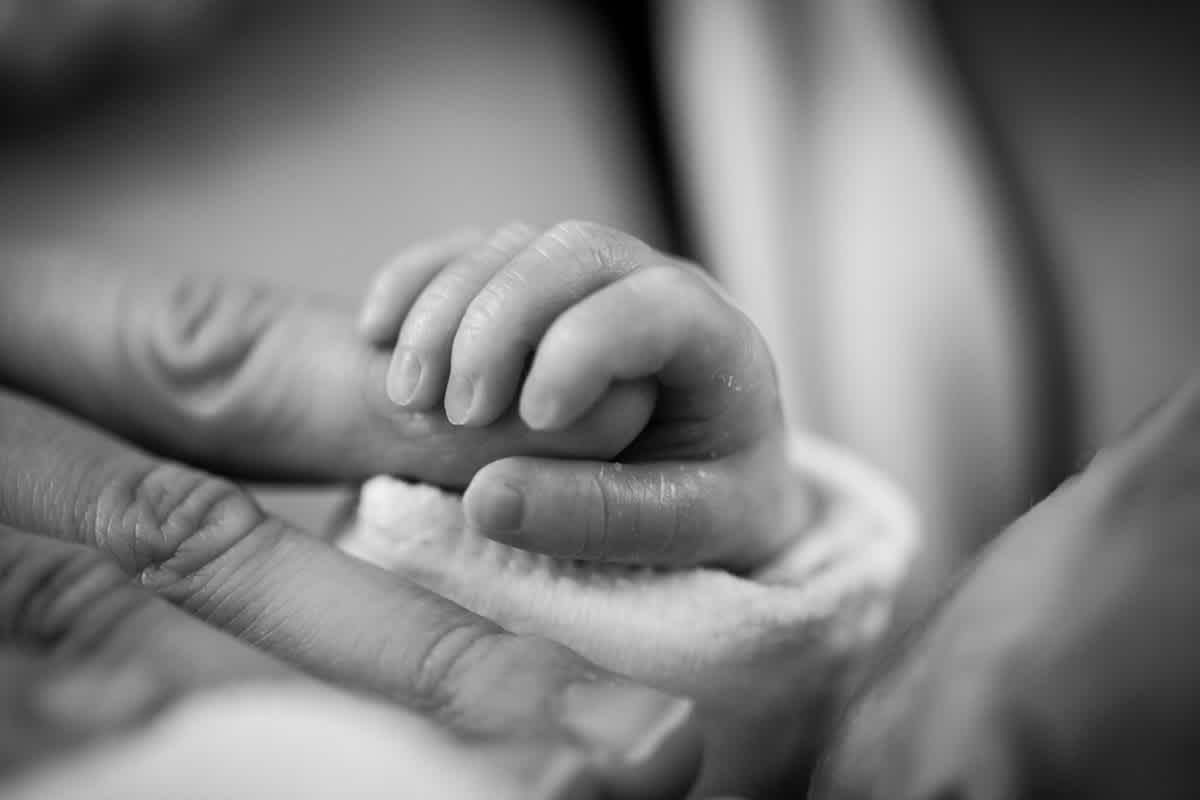
Matthew Chapter 7 - Don't Judge Then What?
“Judge not, that you be not judged. For with what judgment you judge, you will be judged; and with the measure you use, it will be measured back to you. (Matthew 7:1-2)
|
2 min read

“Judge not, that you be not judged. For with what judgment you judge, you will be judged; and with the measure you use, it will be measured back to you. (Matthew 7:1-2)
|
2 min read

Why do you do it? Would you still do it if no one would ever know you did it?
|
1 min read

We are called to be agents of preservation and flavour in a society that often seems morally and spiritually bland or decaying.
|
2 min read


The imagery that comes to mind whenever we think about the birth of Jesus may be that of a baby lying in the middle of a manger surrounded by Joseph, Mary, shepherds, wise men and animals. Our thoughts are likely shaped by the various artworks and products that shaped this train of thought. We might even be led to think that, instead of the wise men (or magi), three kings were there bearing gifts from afar (courtesy of the Christmas carol – We Three Kings). I, for one, also did not give the matter much thought, until I had to read this passage more closely in order to pen my thoughts on the chapter. Matthew recorded in Matt 2:11 that the wise men came to the house and found Jesus and Mary. This is different from the record in Luke 2:16, which stated that Jesus was lying in a manger. The shepherds’ visit and the wise men’s visit was highly unlikely to be the same occurrence. The wise men were clearly also not kings for they were not treated as such by Herod. Neither did the scriptures specify that there were only three of them. The speculation on the number three rest on the number of gifts that they bore (gold, frankincense and myrrh). A rather weak argument that insist that each person must bear a gift and only one each. If we give the matter further thought, the wise men came from the East after seeing His star. Did the star appear days in advance before the birth of Jesus or only upon His birth? How long does it take for the wise men to journey from where they came from? Could they have immediately set off on the journey? Wouldn’t they need time to prepare the gifts, the money, rations and all other necessary items for travelling? Unlike the shepherds who were out in the fields that night, the wise men couldn’t have been able to visit Jesus the same day (night) of His birth. Matt 2:13 also pointed out to us that after the wise men departed, Joseph had a dream to depart for Egypt. However, in Luke, we know that Jesus was circumcised on the eight day (Luke 2: 21) and was presented to the Lord in Jerusalem (Matt 2:22) after the days of purification. (40 days after male child’s birth according to Lev 12: 2 – 4). Owing to the urgency of the message of the angel – to flee from destruction, it is highly unlikely that the wise men visited Jesus at the time of His birth, went their way, Mary waited until her purification is over before going to Jerusalem, before they packed up to flee to Egypt. It is therefore more logical to assume that the wise men’s visit is sometime after His birth, perhaps even after the days of purification, when the family of Joseph had already settled into their home (a house). Borrowing the quote from the conversation between Philip and the eunuch “Do you understand what you are reading?” The eunuch read intently but lack spiritual guidance. Oft times, we may not understand, not because of the lack of guidance, but rather the lack of reading intently. We may read the bible verses cursory nor explore in detail. We may also subtly and subvertly be fed with misinformation which we did not seek to clarify and correct. There are definitely more to share in this chapter, on the fulfilment of the prophetic words that attest to the coming of the Messiah. Perhaps that will be our homework. May we be noble minded like the Bereans and may the Lord help us to grow in our understanding.
|
3 min read
Jesus the Messiah. Through Him, the Heavenly Kingdom was established for all.
|
2 min read

Why is there a need to mourn even after finding hope?
|
2 min read


Lamentations 1: Consider your destiny, consider your heart The Book of Lamentations consists of a series of grief-filled poems mourning the finality of Jerusalem’s losses. They also seek comfort for these sorrows and hope in God’s mercy. The first chapter describes Jerusalem’s catastrophic invasion by personifying Jerusalem as a woman. Here, she bitterly weeps for having fallen from the status of a princess to that of a lonesome slave, mocked by her enemies and punished by God (Lamentations 1:1-3). Woven in this sorrowful song is a line that reveals the erroneous mindset catalyzing her downfall: She did not consider her destiny (Lamentations 1:9). Did the people of Judah know what their destiny was for sinning so relentlessly, though?、 Surely, they did. The destiny for those mired deeply and unrepentantly in sin was written explicitly in God’s law (Leviticus 26, Deuteronomy 28). God had also sent prophets such as Isaiah and Jeremiah to warn the people, for decades , of the destiny awaiting those who disobeyed God. These prophets furiously and urgently implored the people to restore their broken relationship with God—to change their destiny. Yet they did not. We too should know what destiny awaits us, depending on what lives we choose to live. For one, those who do the will of God can enter the kingdom of heaven, while those who do not do the will of God cannot enter in (Matthew 7:21-23). In addition to considering our destiny, we must consider our heart. What stopped the people from transforming their lives in righteousness was unbelief. In the history of God’s people, this is not new. Those wandering in the wilderness who failed to enter the Promised Land “could not enter in because of unbelief” (Hebrews 3:18-19). We too must consider our hearts, for fear that we too have an evil heart of unbelief (Hebrews 3:12). The medicine an unbelieving heart needs is humility and sincerity towards God. Our kind God has promised to give us a heart of flesh in place of a heart of stone, so that with the help of His Holy Spirit, we can deepen our faith and walk in His ways (Ezekiel 36:26-28). As we consider our destiny, we pray for God to soften our hearts and to help our unbelief. Then, with a true heart of sincerity, we can transform our lives with godliness and march onward to our heavenly destiny.
|
2 min read